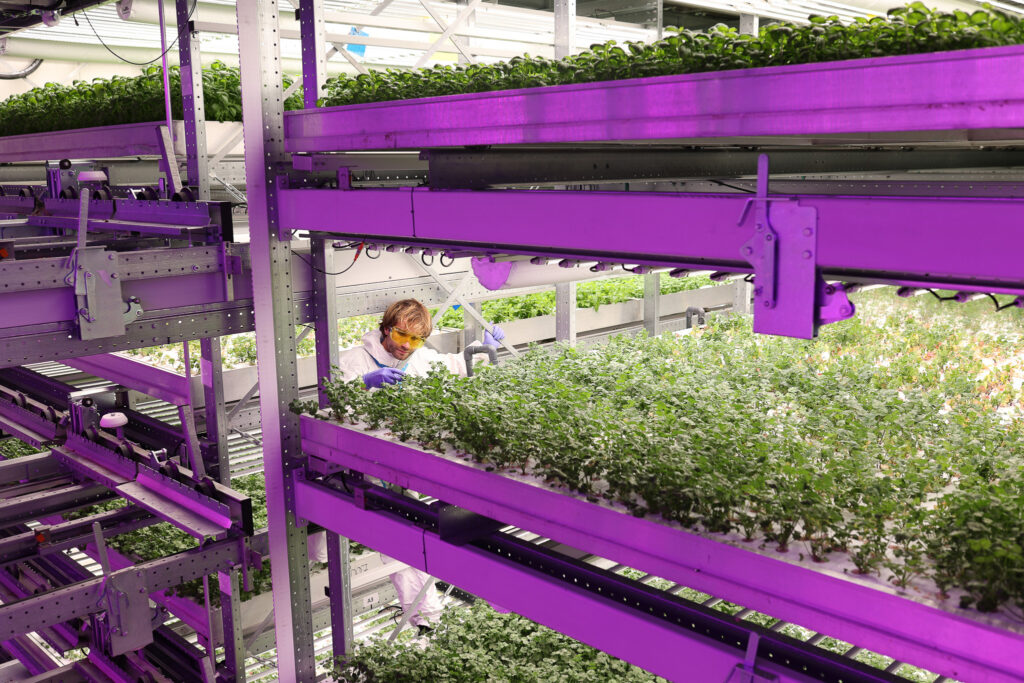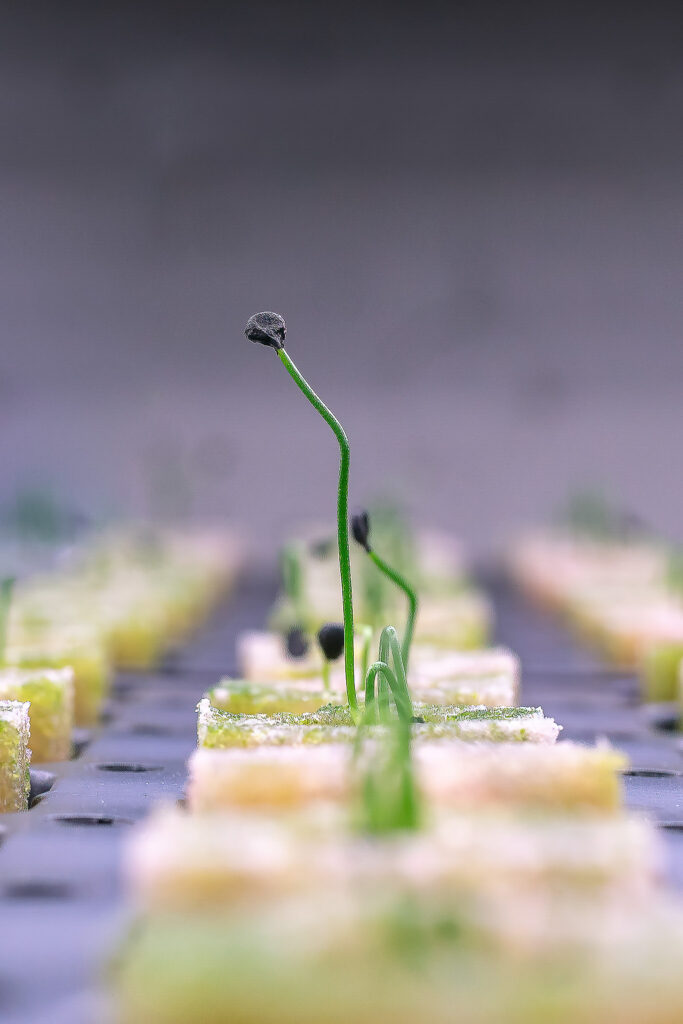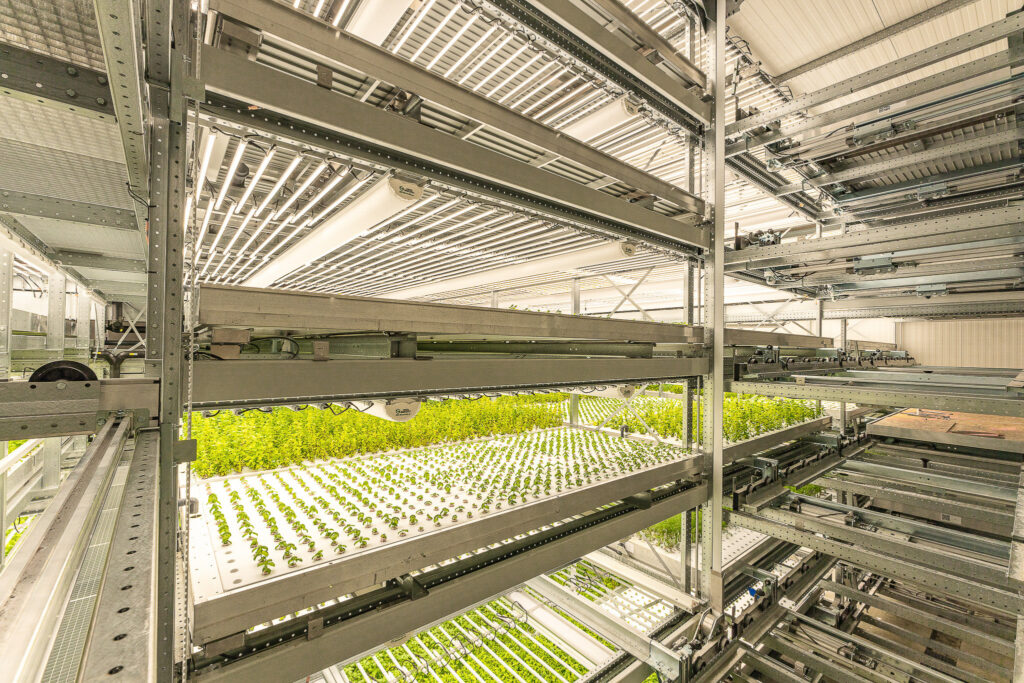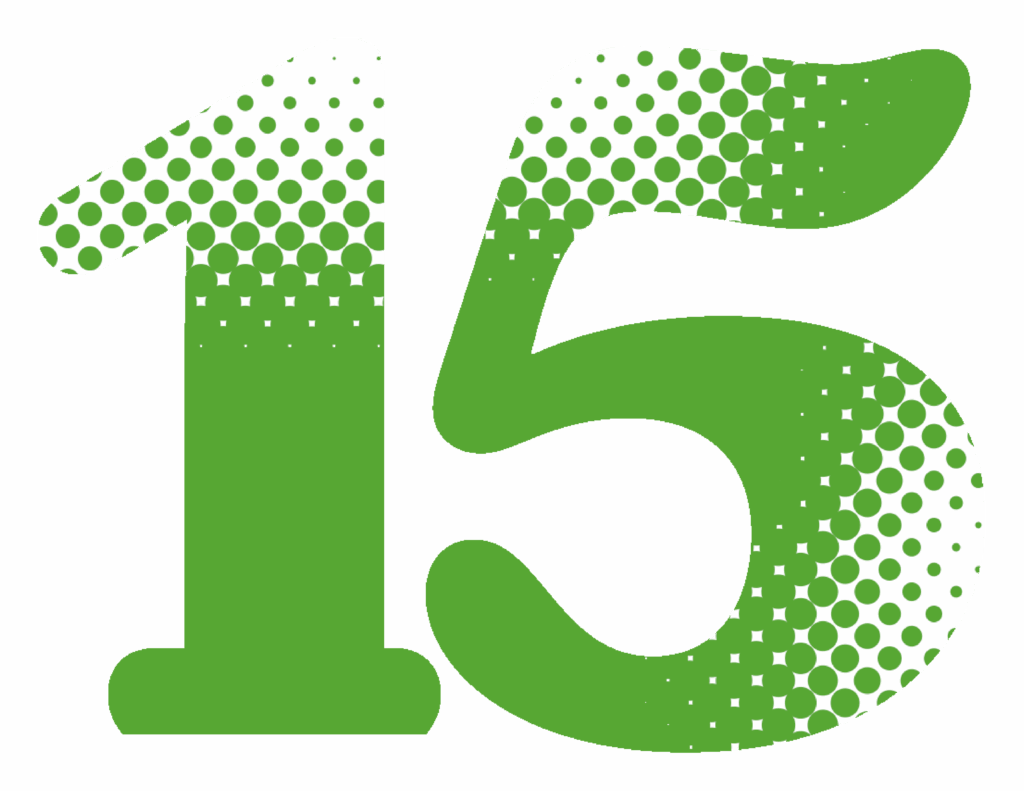Cultivating agricultural plants requires a lot of land, and the produce is often transported over long distances to the consumer. YASAI AG produces culinary herbs all year round in Switzerland, using significantly less land than traditional agriculture.
Context
In 2010, US Professor of Public Health Dickson Despommier published the book The Vertical Farm: Feeding the World in the 21st Century. In it, he developed the vision of an agricultural system that produces significantly more on a given amount of land than before. This basic idea inspired Mark E. Zahran, Stefano Augsburger and Philipp Bosshard to found YASAI AG ten years later. In 2024, the young company produced 20 tonnes of basil, Thai basil, mint and coriander in a hall in the Zurich municipality of Niederhasli. The cultivation area is just 1200 m2, with six levels of stacked plants.
Technology
The herbs are grown in a hydroponic culture: the roots sit, not in soil, but in a nutrient solution. Because the water is reused, consumption can be reduced by 95% compared to conventional farming with irrigation systems. The plants get the energy they need to grow from LED lights powered by renewable electricity. The waste heat is used to heat the building and could also be used to supply a district heating network in a future facility. Compared to plants imported to Switzerland by plane, YASAI’s herbs have half the CO2 footprint, as a life cycle analysis has shown.
Maturity
YASAI supplies Coop, Jelmoli and the online platform Farmy.ch, and will soon also be supplying Migros and the Swiss hospitality sector. The herbs are slightly more expensive than equivalent imported products, but they are pesticide free and produced locally all year round. In the first four years of its existence, the start-up has raised CHF 10 million in funding and grants. Since mid-2024, the company has been operating under the umbrella of GreenState AG, opening up new opportunities for growth. A plant with a cultivation area of 10,000 m2 is to be built in the canton of Aargau by 2026. Talks are also underway for production facilities in Saudi Arabia and the UAE, where vertical farming can develop its full potential to counteract scarce water resources and limited arable land.
‘Our herbs generate only about half as many greenhouse gas emissions as produce imported by plane.’ Mark E. Zahran, CEO and founder of YASAI AG
This portrait is taken from the 2nd Overview of cleantech start-ups published in 2024. Read the full publication here.



